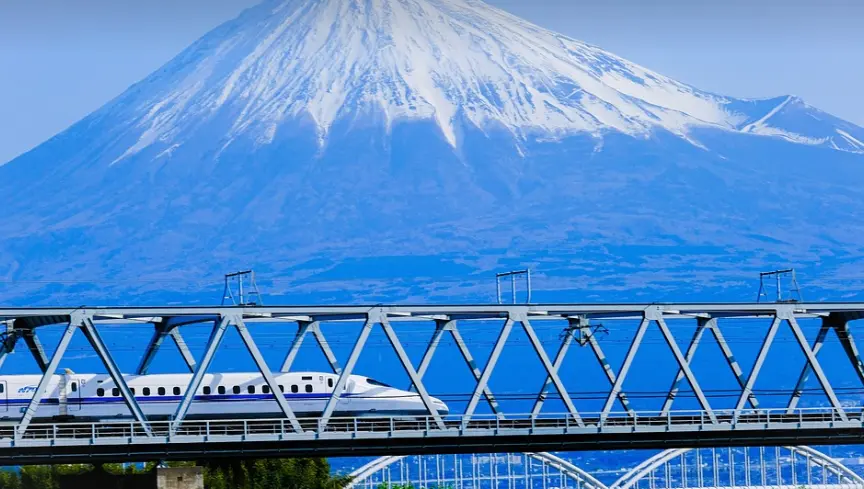While Europe's most famous cities like Paris, Rome, and Amsterdam are often the first to come to mind for travelers, there are many hidden treasures scattered across the continent that are just waiting to be explored. These off-the-beaten-path locations provide an opportunity for visitors to immerse themselves in untouched natural beauty, immerse in unique cultural experiences, and savor genuine local flavors.
Consider Slovenia's Lake Bled, a tranquil spot that hasn't gained the same global fame as other European landmarks. This picturesque lake, framed by the majestic Julian Alps, is a sight to behold. Visitors can take a boat ride to a tiny island that is home to an ancient church, offering a serene retreat from the hustle and bustle of modern existence. Lake Bled exemplifies the rich beauty and historical depth of Europe's lesser-known attractions.
Albania provides a refreshing alternative to the bustling beaches of Croatia and Greece. Its pristine beaches feature clear waters and secluded coves, perfect for relaxation or adventure. Along the Albanian Riviera, towns such as Dhërmi and Jale present unspoiled charm without the heavy commercialization that characterizes other Mediterranean destinations.
Transylvania in Romania, famous for its Dracula lore, is another region that has largely remained undiscovered by international tourists. Here, travelers can visit medieval castles like Bran Castle, often associated with Dracula, or trek through the Carpathian Mountains in pursuit of wildlife and stunning vistas. This area is rich in folklore, and visitors can engage with centuries-old traditions through interactions with local craftsmen and villagers. Transylvania's varied terrain, from dense forests to expansive hilltop settlements, makes it an ideal destination for those who love the outdoors and history.
The allure of these lesser-traveled destinations is not only their scenic splendor but also the authentic cultural experiences they provide. Travelers often find a more profound connection with the local lifestyle through traditional cooking lessons, local celebrations, or by engaging with craftsmen and community members. For those seeking a break from the commercialized, impersonal nature of popular tourist spots, these hidden gems in Europe offer a revitalizing alternative.
As these hidden spots garner more interest, there is a risk of increased commercialization. It's crucial for travelers to find a balance—exploring these regions while being mindful of the local communities and the environment. Responsible tourism is key, which includes staying in locally-owned accommodations, dining at family-run eateries, and engaging with the culture in a significant way. By doing so, we can help ensure the sustainability of these hidden gems and contribute to the local economy and cultural preservation.
Recent
See All2025-08-11
Welcome to the Frontier of Thrill-Seeking: Must-Visit Extreme Sports Hotspots for 2025
2025-08-11
The Emergence of Digital Nomads: Work-Life Integration on the Go
2025-08-11
Explore the Vibrant Fabric of Japan by Rail: A Comprehensive Travel Guide
2025-08-11
Delve into the Enigmatic Mysteries of Egypt Beyond the Pyramids
2025-08-11
Discover the Future of Travel: AI and Robotics Redefining Your Vacations
2025-08-11
Diving Deep into the Soul of Culture: A Comprehensive Guide for In-Depth Travel
2025-08-11
Embark on an Enchanting Journey Through Egypt's Timeless Splendors
2025-08-11
Discovering Kenya's Rich Wildlife: A Thrilling Safari Journey
2025-08-11
"Workcations" Emerge as the New Travel Trend in 2025: Mixing Business with Pleasure
2025-08-11
Embarking on a family vacation can be an incredibly rewarding journey, and selecting the ideal location is crucial for a successful trip. This article showcases the top spots that cater to families, providing a plethora of enjoyable activities for children and creating lasting memories for everyone involved.
Newsletter
Get life tips delivered directly to your inbox!











